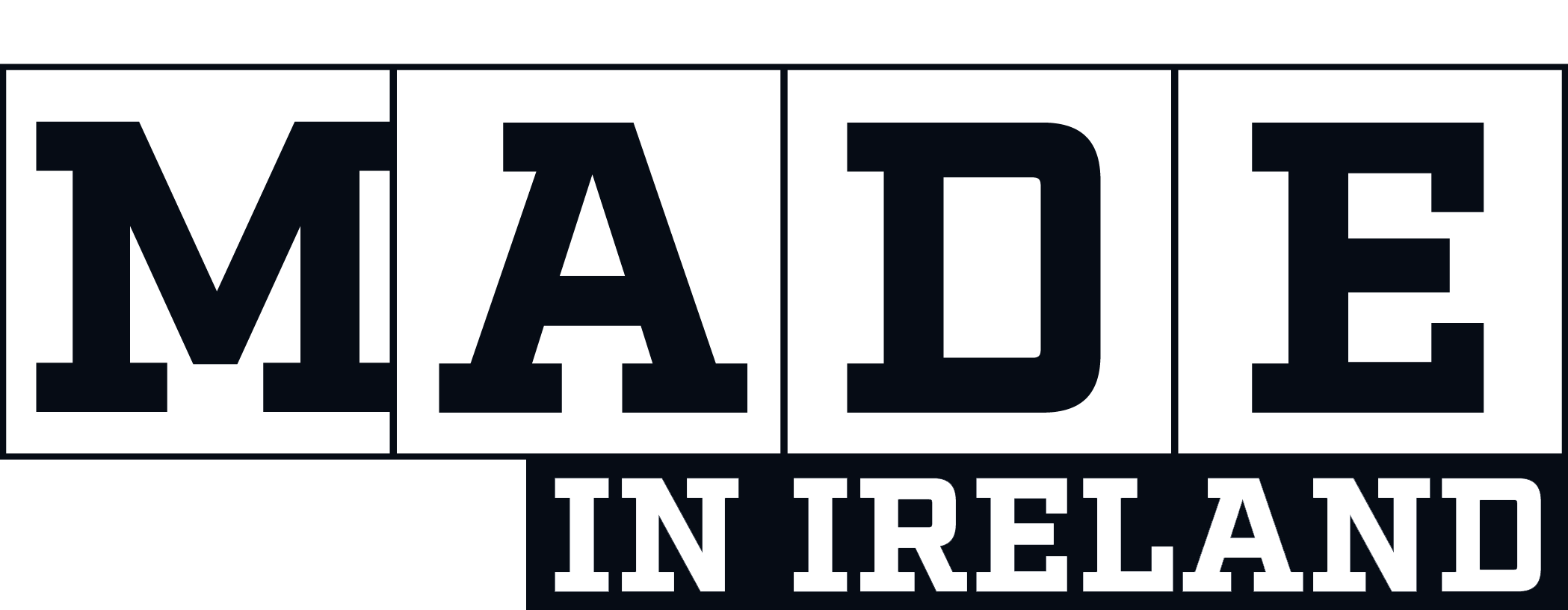The project, led by Queen’s Propulsion Laboratory (QPL), highlights the impact of hands-on learning and advanced manufacturing in shaping the future of space engineering.
Advanced Manufacturing Fuels Innovation
As part of the collaboration, LPE sponsored QPL by manufacturing the engine’s critical components: a metal 3D printed combustion chamber and an injector head. Both were printed, heat treated, and post-processed entirely at LPE’s facility in Belfast.
Precision Engineering with Additive Manufacturing
The chamber was produced using Direct Metal Laser Sintering (DMLS) in AlSi10Mg aluminium, selected for its lightweight and high thermal conductivity. The component features internal cooling channels and was printed as a single piece, eliminating stress-prone welds and joints. Post-processing included full depowdering, heat treatment, and surface finishing to meet aerospace-grade standards.
Additive Manufacturing Enables Speed and Performance
“Additive manufacturing was the right solution for this engine, not just for its complexity, but because it enabled speed, precision, and performance in a single process,” said Patrick Walls, Engineering Director at LPE. “We’re proud to support such an ambitious and capable team, and to contribute to a project that represents the next generation of propulsion technology coming out of Northern Ireland.”
Hands-On Experience with Cutting-Edge Technology
Founded in 2023, QPL is Northern Ireland’s largest student rocketry team, giving students real-world experience in design, manufacturing, and testing of propulsion systems. Powered by isopropyl alcohol and nitrous oxide, the Kelvin Mk.1 engine is scheduled for hot fire testing on 10 July 2025 at the Westcott Space Cluster, as part of the UK’s Race2Space competition
Design Flexibility with Metal 3D Printing
The QPL team chose metal additive manufacturing for its design flexibility, speed, and part consolidation, critical factors that allowed more time for engine testing and integration. Working with LPE also gave the students valuable experience in designing for additive processes.
Team Praises Additive Manufacturing Support
“Metal 3D printing gave us greater design freedom, faster manufacturing, and fewer parts,” said a QPL spokesperson. “LPE’s support throughout the project was invaluable, and the finished chamber exceeded our expectations.”










